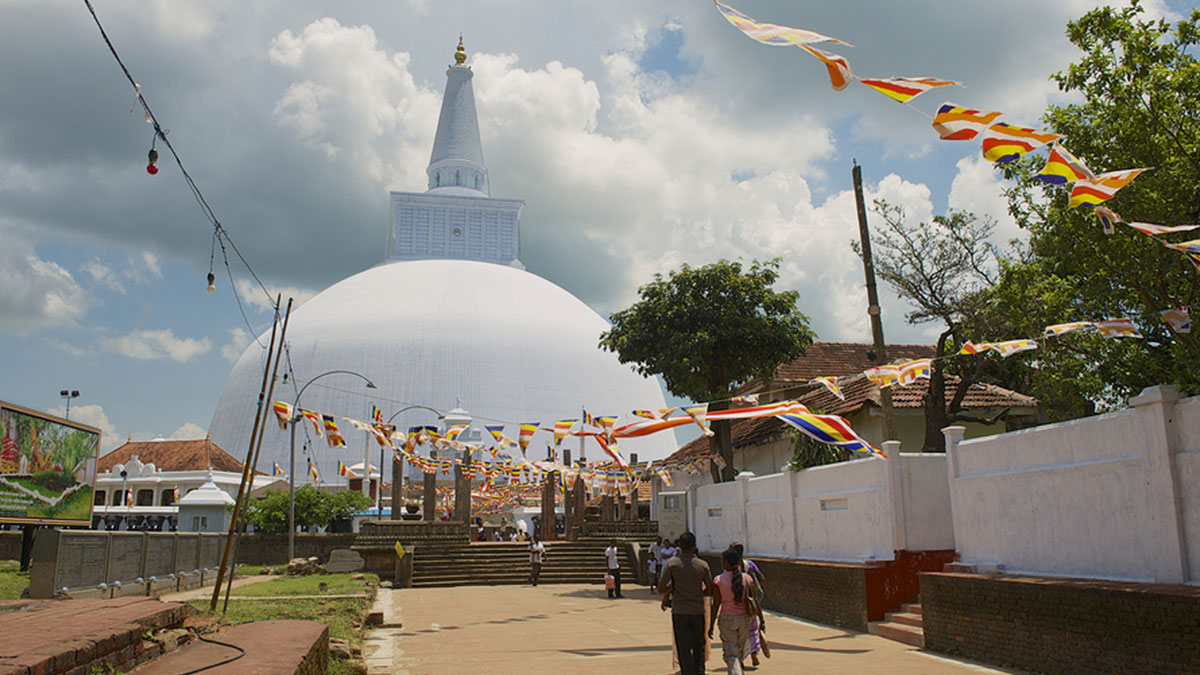Sri Lanka’s had its issues over the last thirty years or so. While GDP increased by 7% in 2014, the country still has some challenges it must overcome before it can develop sustainably. We’re going to take you through Sri Lanka’s biggest development stifling demons.

Post Civil War
Tensions between the Sinhalese and Tamil minority lead to a 26 year civil war in Sri Lanka that ended in 2009. Six years on, after 70,000 deaths, the economy is still hurting. Huge international concern arose about the fate of civilians caught in the conflict zone and war crimes.
While the end of the civil war has allowed tourism to return, things are not quite prosperous just yet and tensions still exist between the Tamil and Sinhalese. Many conflict affected areas, such as Jaffna (to the north) depend on wells for water. While is enough water to scrape minimum standards, there isn’t much more. Access to education is also limited, with particularly poor school facilities in rural areas. Education is a key to economic growth – it equips children with the skills to perform jobs that are used to grow the economy. The fact that these issues even exist suggest that Sri Lanka isn’t likely to maintain any stable economic growth until it meets the basic needs of its people.
As you could imagine, conflict has scared away tourists from Sri Lanka, however these are starting to return as the company recovers from the civil war. Tourism has hit an all-time high with approximately 1,500,000 tourist arrivals in 2014 alone. Tourism brings overseas money into the Sri Lankan economy and therefore contributes greatly to economic growth – putting Sri Lanka on track to improve its economic situation.
Sri Lanka is getting an economic boost through its working age population. However, the working age population is significantly larger than children and the elderly. The population is aging – which is okay for now, however by 2041, 25% of the population is predicted to be elderly. An aging population means less future economic growth (as workers will be retiring) and a large proportion of the population relying on government support (through pensions etc). While this is a difficult problem to combat, the government will need to combat this if Sri Lanka is to sustain its economic recovery after the civil war.
Corruption
 While Sri Lanka’s newly elected president, Maithripala Sirisena, has sworn to defeat corruption, it is still a large strain on economic growth. In particular, property rights are difficult to enforce because of fraud. A lack of property rights stifle independent investment, as people no longer actually have claim of right to anything. This makes people reluctant to actually buy or create things – as there is a fear that they don’t have the legal right to actually keep what they’ve earned. Since people have little incentive to earn, economic growth slows down.
While Sri Lanka’s newly elected president, Maithripala Sirisena, has sworn to defeat corruption, it is still a large strain on economic growth. In particular, property rights are difficult to enforce because of fraud. A lack of property rights stifle independent investment, as people no longer actually have claim of right to anything. This makes people reluctant to actually buy or create things – as there is a fear that they don’t have the legal right to actually keep what they’ve earned. Since people have little incentive to earn, economic growth slows down.
What makes this worse, is Sri Lanka’s lack of Judicial independence – meaning that the Sri Lankan government influences the local courts. This allows the government to use the courts as a puppet – making for an ineffective, corrupt dispute resolution system. What’s more is that the government isn’t transparent – they’re able to create new laws and push them through without the public seeing, or getting a chance to critique, what’s going on. Public servants and ministry officials are frequently bribed too, showing that government officials are failing to stick to the rules for personal gain.
Unfortunately, Sri Lanka suffers from weak whistle-blower protection – meaning that those who report corruption are given limited protection from the system to hide their identity and ensure their own personal safety. If Maithripala Sirisena is to reduce Sri Lanka’s corruption levels, offering protection and incentives to those with inside knowledge in exchange for information is a must.
A Lack of Media Freedom
Like them or loath them, the media is important when it comes to running a transparent country to conduct business in. A free and independent media open the government and businesses up to public scrutiny and criticism. The government is likely to act democratically and within the rules if it’ decisions are reported by the media. This keeps politicians and businesspeople accountable for their action, stifling corruption and keeping things democratic.
Unfortunately, the Sri Lankan media is still somewhat under fire. Reporters are often threatened at gunpoint and attacked in order to stop particular articles being published. Stories such as this one, where a printing press was doused with diesel before being set alight by gunmen are all too common:
The newly elected president, Maithripala Sirisena, is reopening investigations surrounding murders and disappearance of journalists in recent years. This shows some acknowledgement of the gravity of harm facing the media, and may well lead to a more independent media in Sri Lanka in future.
While the war may be over, Sri Lanka still has a number of battles to fight before it can improve its future situation. If you’re looking to send money to Sri Lanka, OrbitRemit offers low cost, attractive exchange rate transfers between the LKR and many other currencies. Check out our calculator on the top right hand side of the screen to work out exactly how much will reach your destination!


Leave a Reply